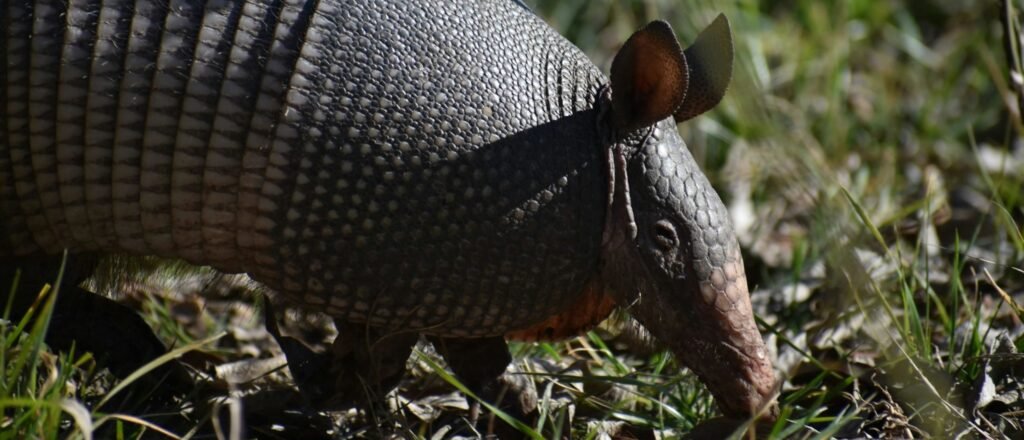A study published Wednesday suggests that humans arrived in Argentina more than 20,000 years ago and ate giant armadillos.
Fossil bones of a glyptodont, an extinct species closely related to the armadillo. Neosclerocalyptus, Human traces have been found that indicate the earliest interaction with large animals found in the region. according to The incomplete skeleton was discovered on the banks of the Reconquista River outside Buenos Aires and is estimated to be between 21,090 and 20,811 years old, according to a study published in the journal PLOS One.
About 32 cut marks were found along the bones, including the pelvis, tail, and the bony plate on top of the animal's body called the carapace. The V-shaped cross-sections seen in 3D scans of the marks strongly suggest the use of stone tools. The scientists concluded that the pattern of marks couldn't have been random, and was probably related to the method of butchery. But this isn't the most interesting part of the study.
Bones of a relative of an ancient giant armadillo found in Argentina dating back more than 21,000 years bear the cut marks of an ancient hunter who may have been one of South America's earliest peoples.https://t.co/f4MbtpaIe0 pic.twitter.com/2wMXaVceB5
— John Hawkes (@johnhawks) July 17, 2024
The authors note that this discovery pushes human history in South America back by another 6,000 years.
The majority of archaeologists still believe that modern humans only arrived in the Americas about 13,000 years ago, during a period known as the Clovis culture. Apparently, the prevailing idea in archaeology is that humans wandered across a land bridge connecting Alaska and Siberia around that time. And that's it (not true). (Related: Archaeologists' discoveries prove human history needs to be rewritten)
Extensive human activity predates the Clovis culture: footprints at White Sands National Park date back approximately 21,000 to 23,000 years ago, and researchers believe humans were able to cross the world's oceans long before they used land bridges.
As Graham Hancock always says, things just get older and older.







